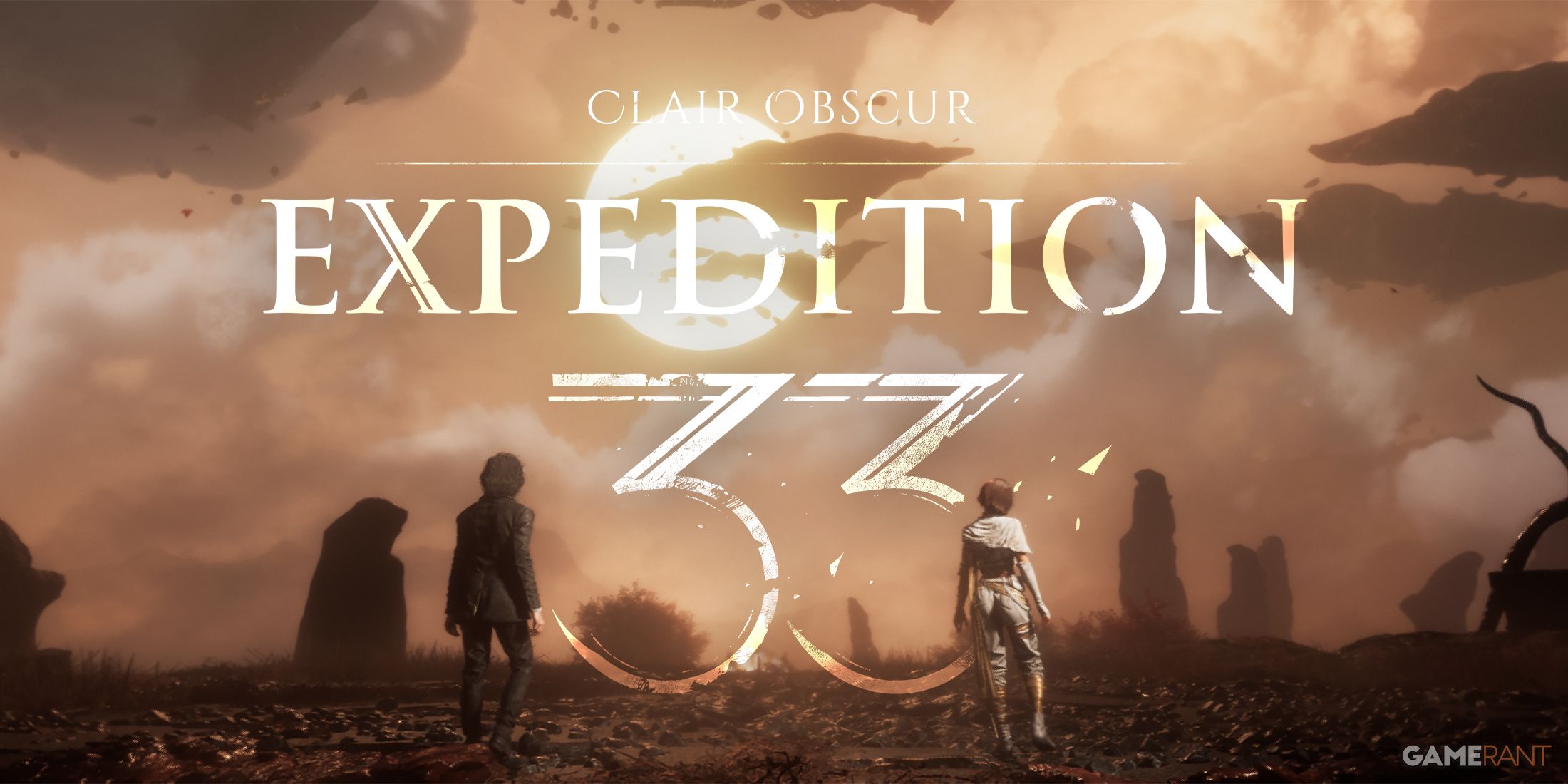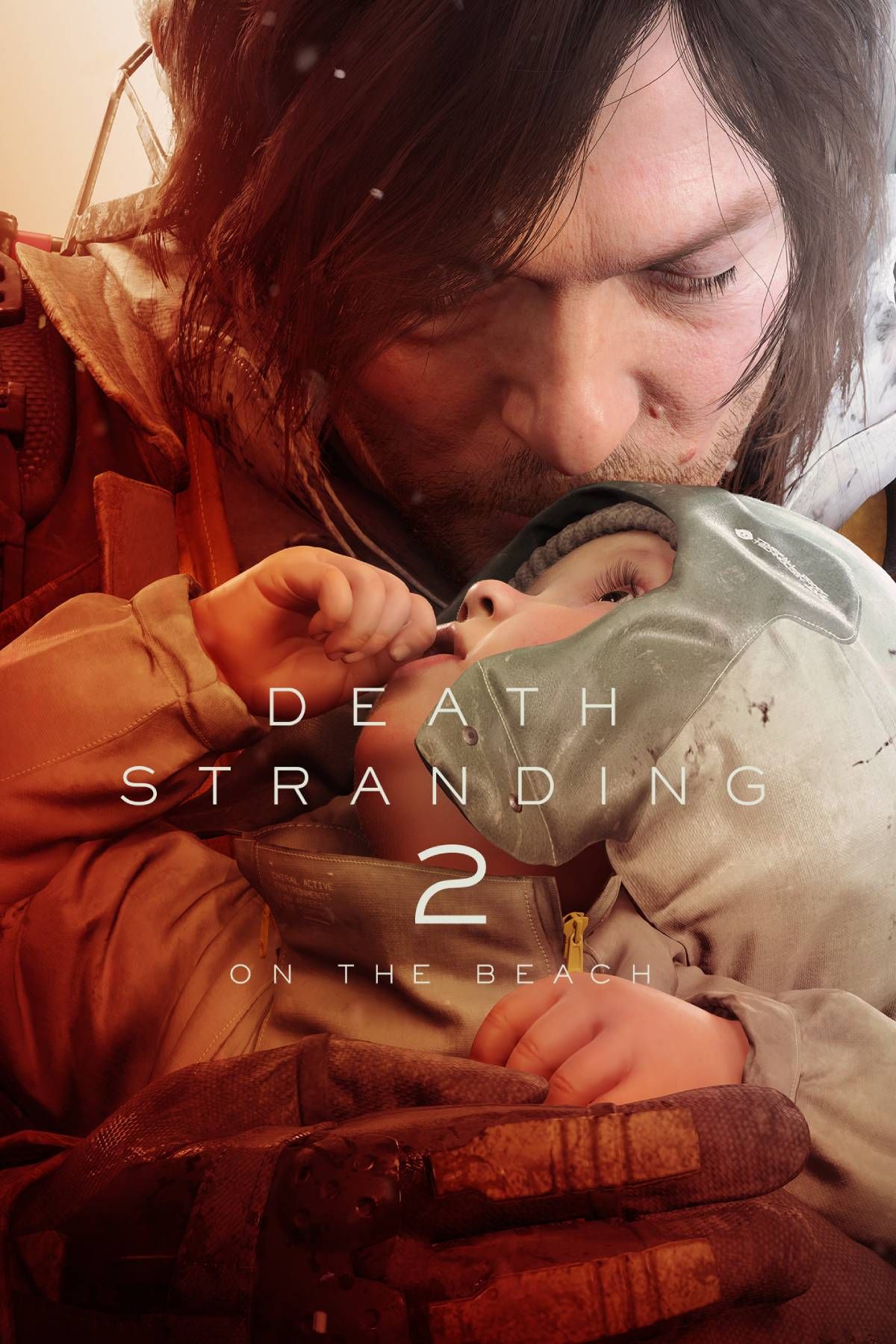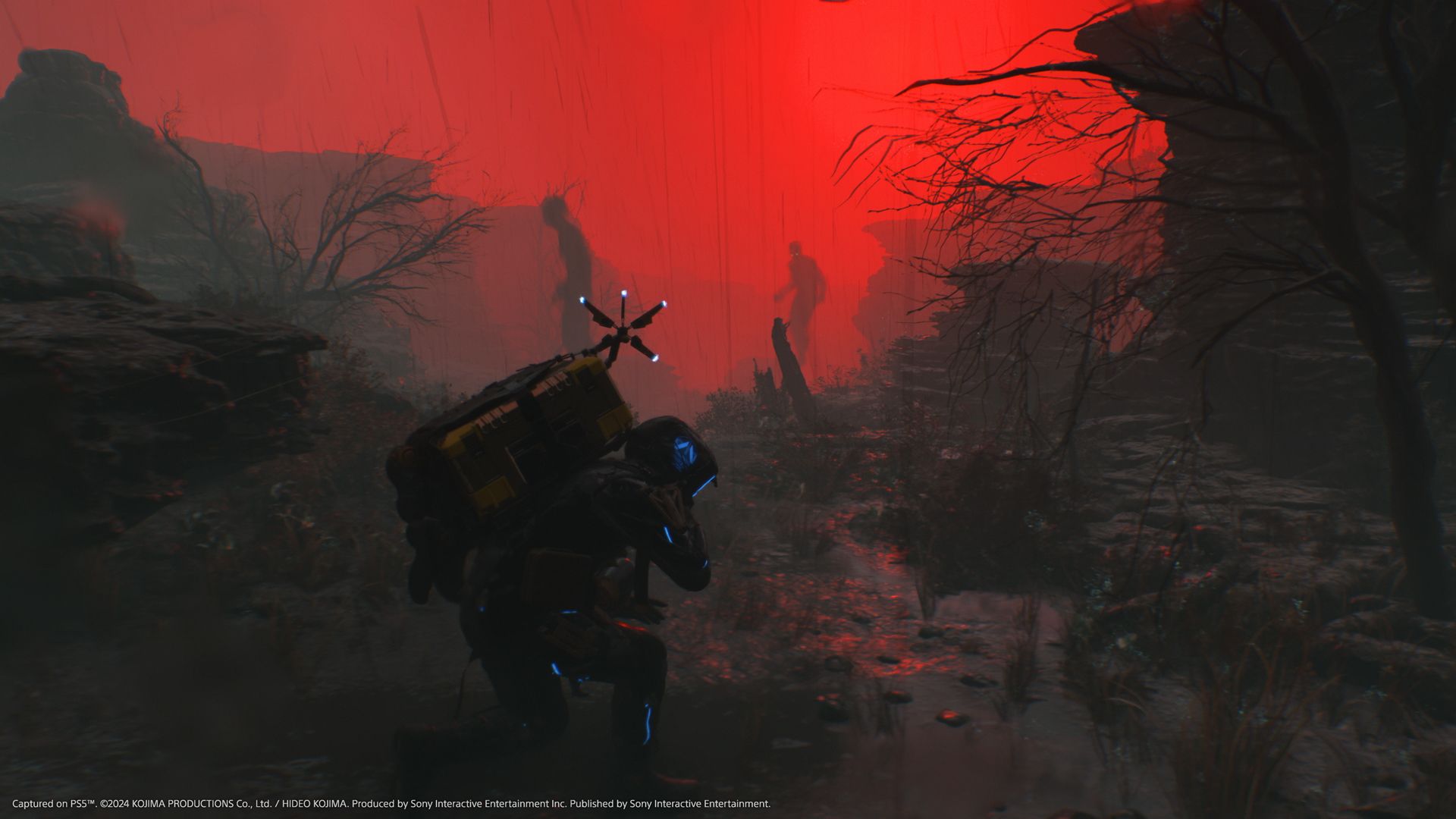## Death Stranding 2: A Calculated Connection to Time?
The sands of time are shifting, and in their wake comes Death Stranding 2. While we eagerly await Sam Porter Bridges’ return, a question lingered: why this release date? Hideo Kojima, the enigmatic mastermind behind the game, finally sheds light on his choice, revealing a fascinating connection between the game’s arrival and the very fabric of the Death Stranding universe. Prepare to delve into Kojima’s cryptic reasoning, as we explore the intricate logic behind Death Stranding 2’s launch date and its potential impact on the narrative.

Shifting Gears: The Combat Focus in Death Stranding 2 and its Societal Implications
A New Tactical Landscape

A striking departure from its predecessor, Death Stranding 2 leans heavily into combat. The first game encouraged stealth and avoidance, prioritizing connection and delivery over confrontation. This shift in focus signals a potential exploration of societal changes in a post-pandemic world, where survival might necessitate a more aggressive stance.
Gamestanza’s analysis suggests that this change could reflect a world where resources are scarcer and competition for survival intensifies. The trailer showcases Sam wielding firearms, indicating a departure from the first game’s emphasis on non-lethal takedowns. This raises questions about the game’s stance on violence and how it impacts the narrative.

The Ethics of Defense
The heightened combat focus also invites speculation on the game’s potential commentary on gun control. In a world grappling with real-world concerns about gun violence, Death Stranding 2’s narrative could offer a thought-provoking exploration of the ethics of defense and the consequences of wielding such power.
Navigating a Divided World: How Death Stranding 2 Depicts Societal Fragmentation
The Echoes of Isolation
Building upon the themes of isolation and fragmentation established in the first game, Death Stranding 2 is poised to delve deeper into the societal impact of the pandemic. The world depicted in the trailer appears fractured, with signs of unrest and division among its inhabitants.
Gamestanza believes this reflects a real-world trend towards polarization and the erosion of trust in institutions. The game’s narrative could explore how these divisions manifest in everyday life, examining the challenges of rebuilding connection and fostering unity in a fractured society.
The Power of Communication
Despite the apparent fragmentation, the game’s emphasis on connection remains a central theme. Death Stranding 2 seems to suggest that even in a divided world, the need for human interaction and understanding remains paramount.
A Critical Look at Gun Control: Death Stranding 2’s Potential to Spark Conversation
A Timely Reflection
The inclusion of firearms in Death Stranding 2’s gameplay comes at a time when the issue of gun control is more relevant than ever. The game’s developers have acknowledged the intention to explore this complex topic, prompting speculation about how they will approach it.
Gamestanza will be analyzing the game’s portrayal of gun violence and its potential impact on the narrative. Will the game offer a nuanced perspective on the issue, or will it take a more definitive stance?
Engaging in Dialogue
By tackling such a sensitive and timely issue, Death Stranding 2 has the potential to spark important conversations about gun control and its implications for society. The game’s unique blend of action and social commentary could provide a platform for players to reflect on their own views and engage in meaningful dialogue.
The Paradox of Connection in a Post-Pandemic World
Automated Deliveries: A Reflection of Modern Reliances and its Potential Pitfalls
Death Stranding 2’s focus on automated deliveries mirrors the growing reliance on technology for everyday tasks. In a world where contactless services have become increasingly common, the game explores the potential consequences of this dependence.
Gamestanza anticipates that the game will examine the ethical implications of automation, such as job displacement and the potential for vulnerability in a system reliant on technology.
Bridging the Divide: How Death Stranding 2 Explores the Need for Global Connection
Despite the technological advancements depicted in the game, the trailer emphasizes the importance of human connection. Death Stranding 2 seems to suggest that technology, while essential, cannot fully replace genuine relationships.
Gamestanza believes that the game will explore the tension between our increasing reliance on technology and the enduring need for human interaction. It will likely examine how to navigate a world where technology can both connect and isolate us.
The Human Touch: Can Technology Ever Truly Replace Genuine Relationships?
Death Stranding 2 raises profound questions about the nature of connection in a technologically driven society. Can automated deliveries and virtual interactions ever truly replicate the richness and depth of human relationships?
Gamestanza will be analyzing the game’s portrayal of technology’s impact on human connection, seeking insights into the balance between technological advancement and the preservation of genuine relationships.
Conclusion
In his recent interview, Hideo Kojima offered a glimpse into the intricate mind behind Death Stranding 2’s deliberately chosen release date. He emphasized the importance of aligning the game’s launch with the cyclical nature of the series’ narrative, suggesting a deliberate mirroring of real-world events in the fictional world of Death Stranding. This intricate connection between the physical and the virtual world, a cornerstone of Kojima’s vision, adds another layer of depth to the already complex narrative tapestry we can expect from the sequel.
Kojima’s emphasis on the “flow of time” in relation to the game’s release date raises intriguing questions about the broader impact of such a deliberate choice. Will players experience Death Stranding 2 in a new light, understanding the narrative through a different lens informed by the real-world context? Will this interconnectedness blur the lines between fiction and reality even further, pushing the boundaries of interactive storytelling? The implications are vast, suggesting a future where games exist not just as standalone experiences but as dynamic reflections of our own world.
Death Stranding 2’s release date isn’t simply a date on a calendar; it’s a meticulously placed piece in a grand, interconnected puzzle. As we await the sequel’s arrival, one thing is clear: Kojima invites us not just to play his games, but to actively engage with the intricate web of meaning he weaves into their very fabric.